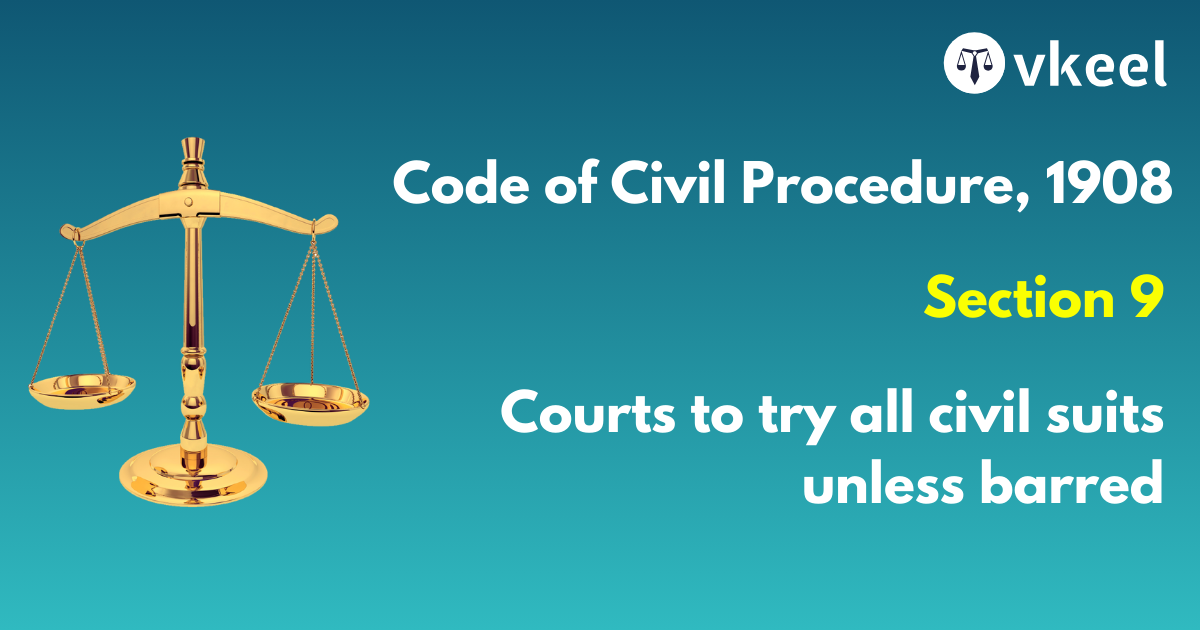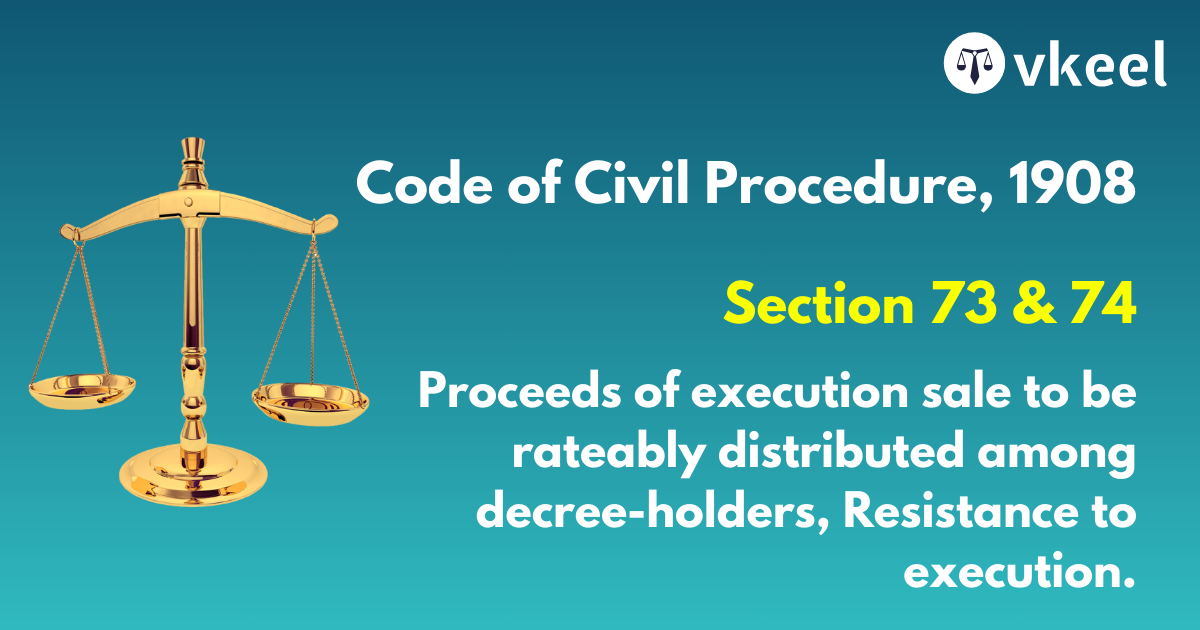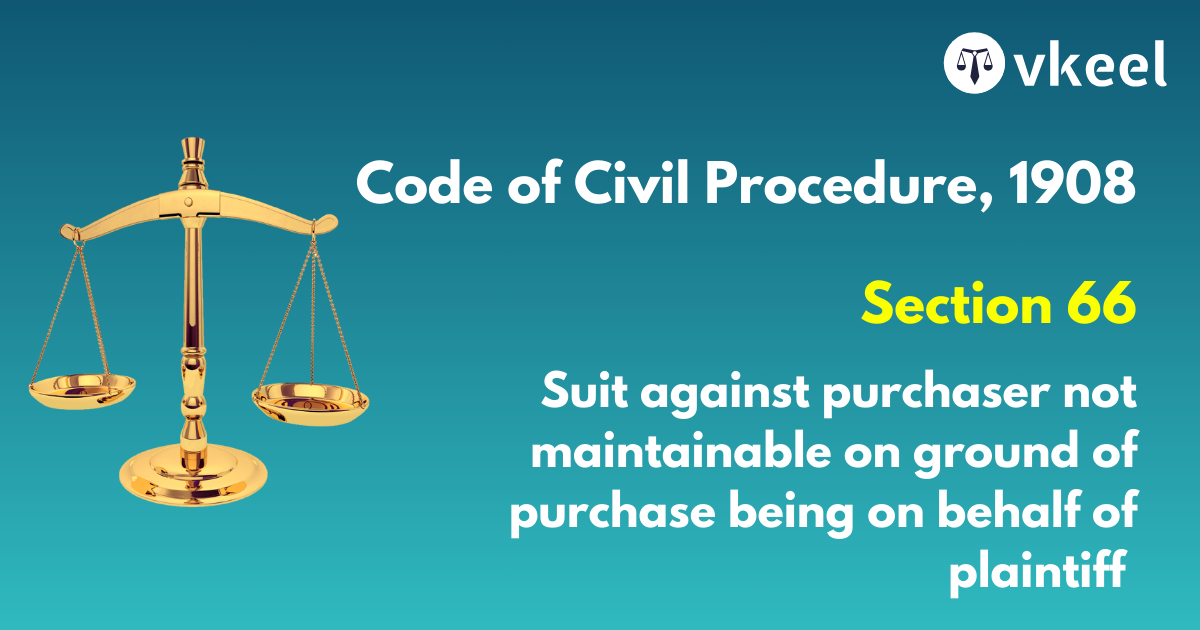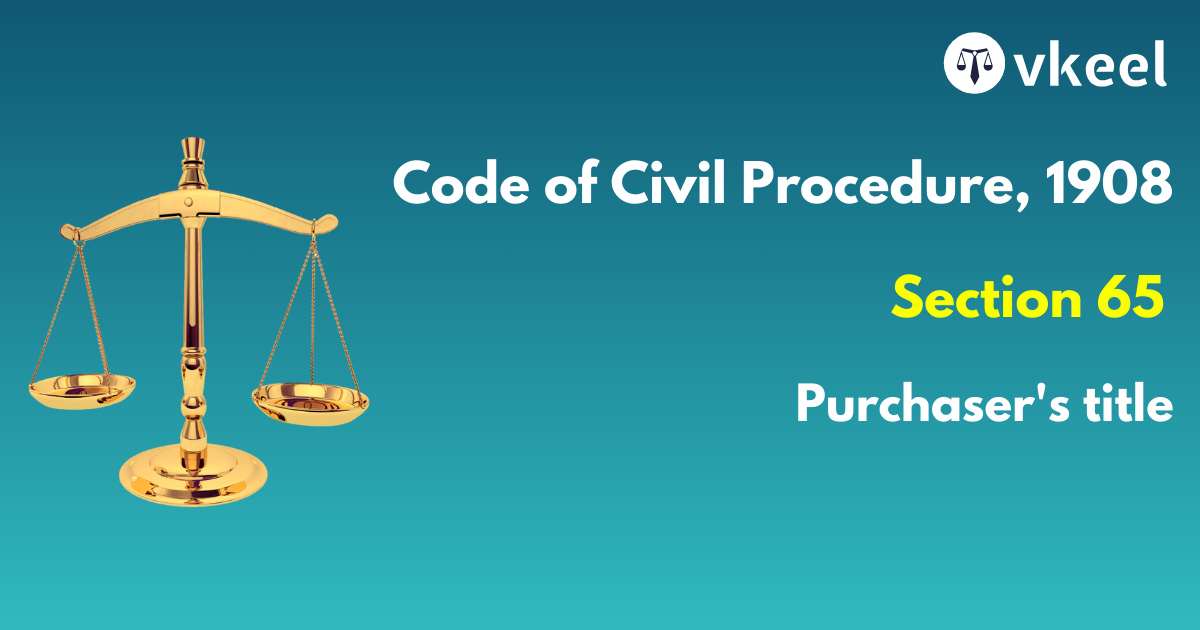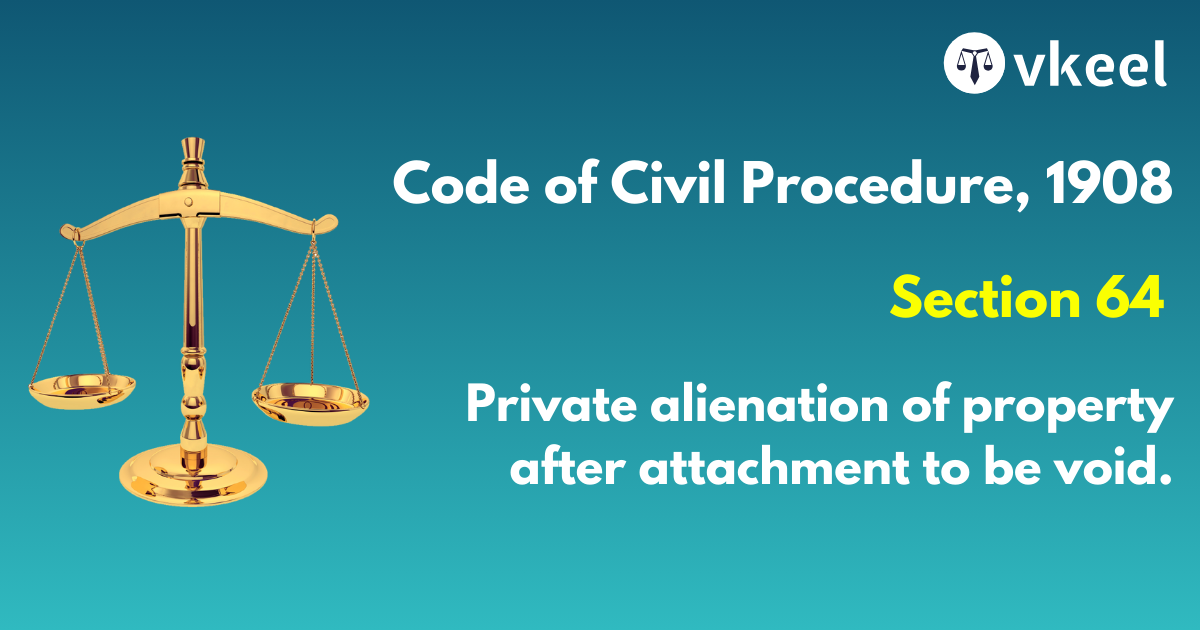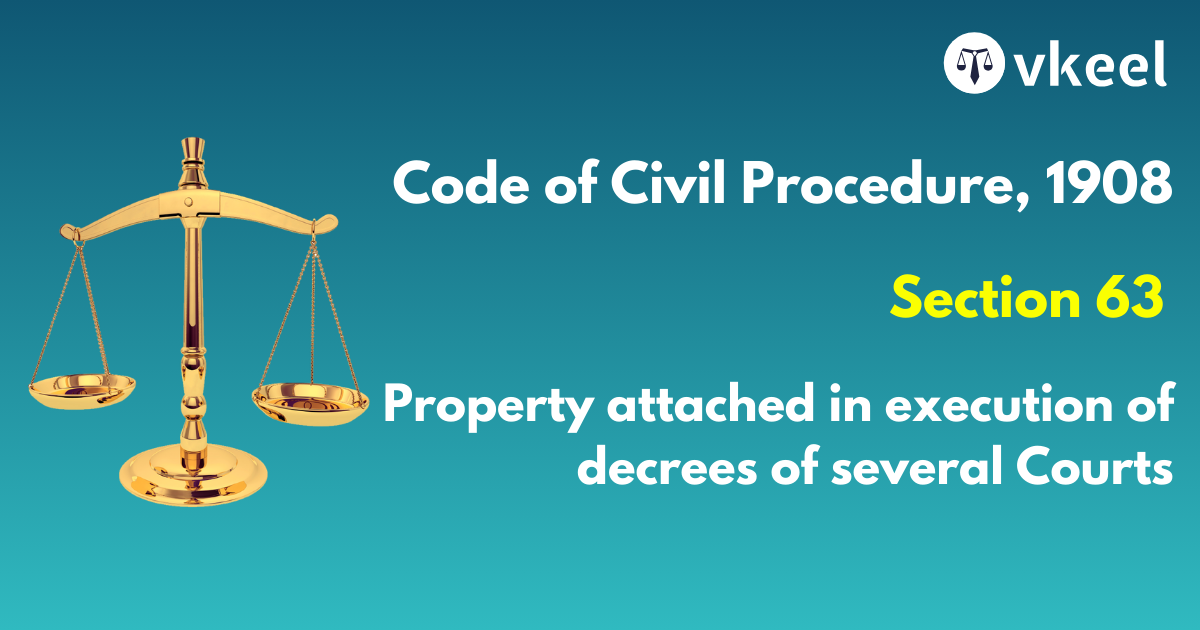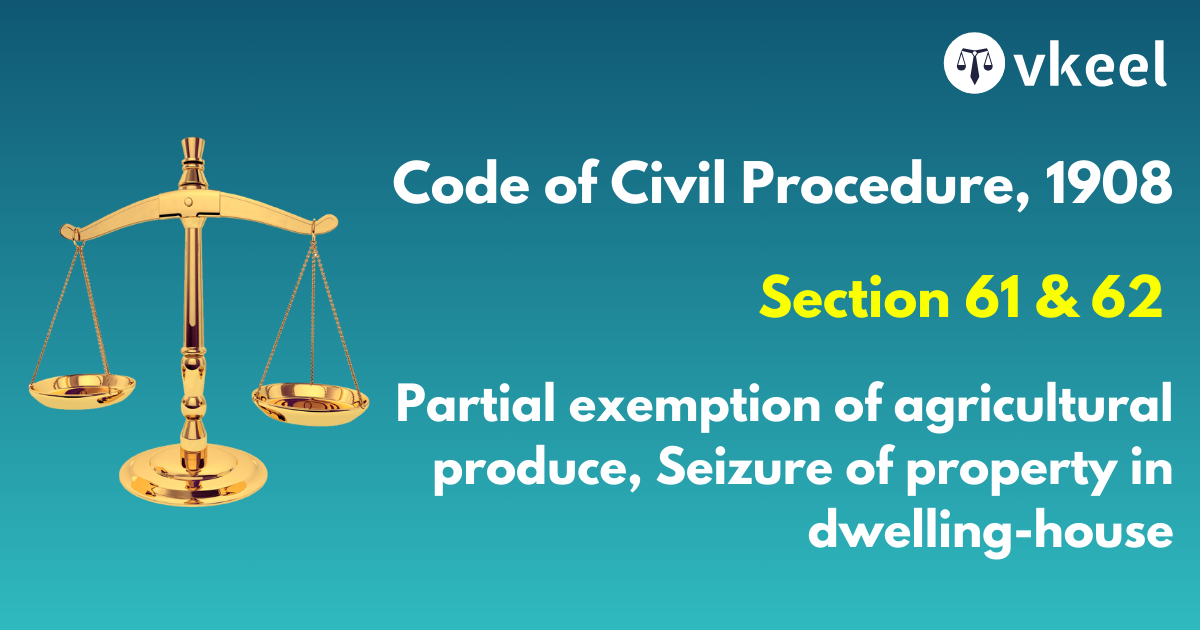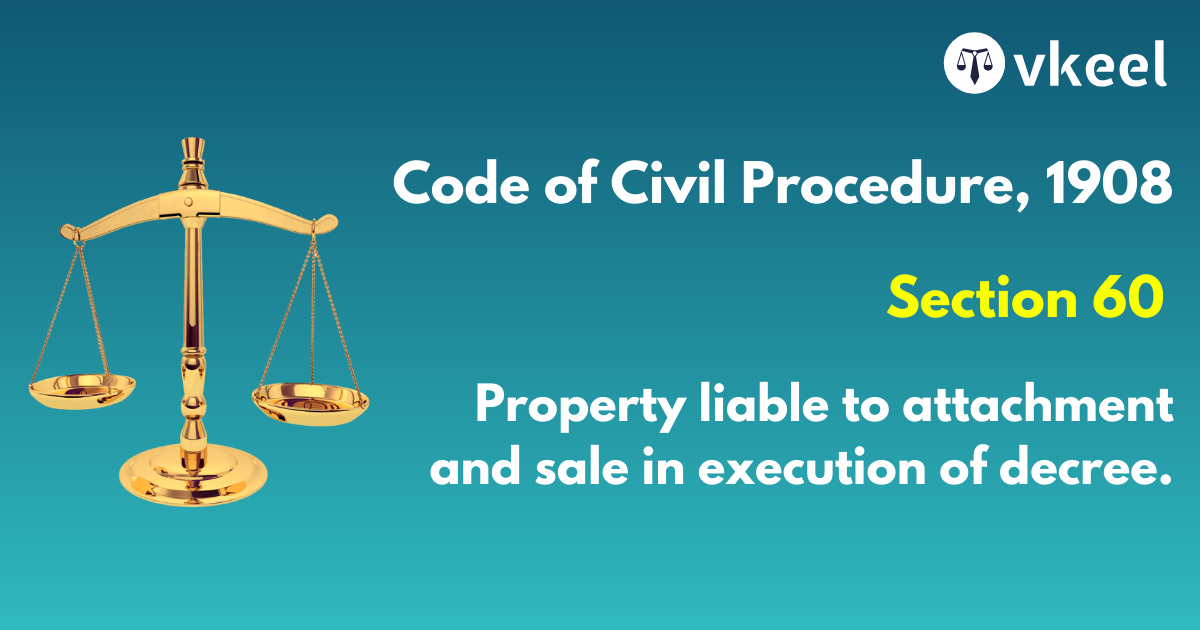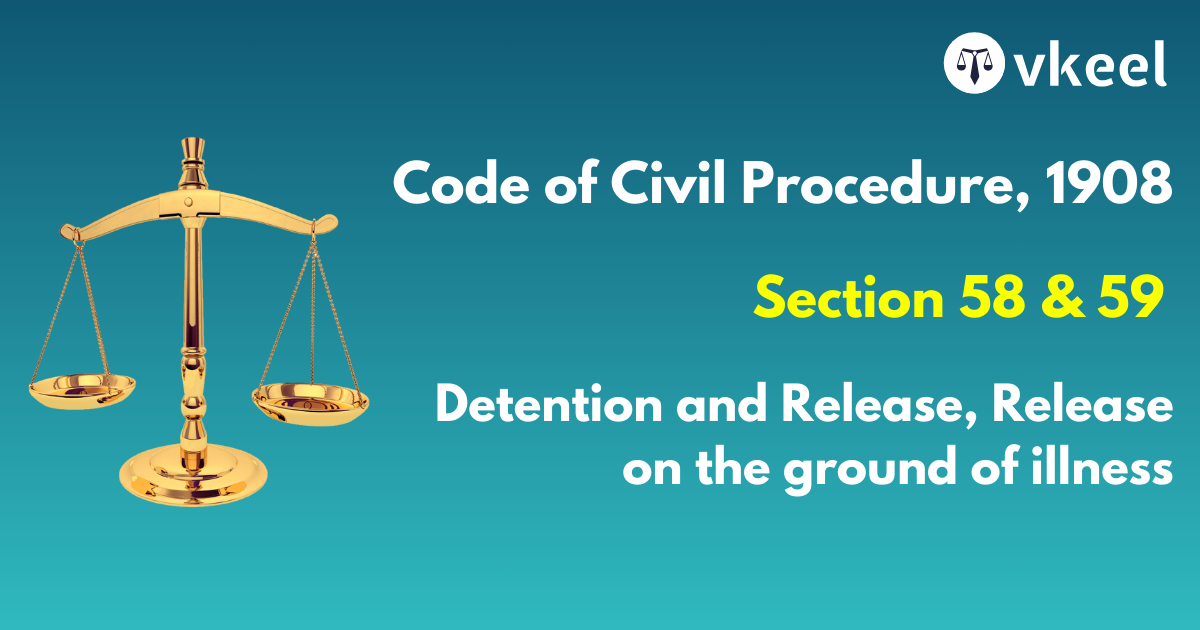Section 9 Code of Civil Procedure,1908 – Courts to try all Civil suits unless barred
By Joy Puri
Table of Contents
Introduction
The Section 9 of the Civil Procedure Code, 1908 is a landmark provision of the enforcement of fundamental principles of law, which have been envisaged in the maxim of Ubi Jus Remedium
Ex facie the courts can try all the suits unless the former is barred by the existence of any such statute to the contrary, either expressly or impliedly.
Therefore the courts of law possessing the requisite jurisdiction, in the provided cases are entitled to decide and thereby decipher the question of its own jurisdiction.
Section 9 of Code of Civil Procedure, 1908
9. Courts to try all civil suits unless barred—
The Courts shall (subject to the provisions herein contained) have jurisdiction to try all suits of a civil nature excepting suits of which their cognizance is either expressly or impliedly barred.
[Explanation I]. —A suit in which the right to property or to an office is contested is a suit of a civil nature, notwithstanding that such right may depend entirely on the decision of questions as to religious rites or ceremonies.
[Explanation II]. For the purposes of this section, it is immaterial whether or not any fees are attached to the office referred to in Explanation I or whether or not such office is attached to a particular place.
Landmark Case Laws
Dhulabhai Vs S, A 1969 SC 78
The jurisdiction of a civil court is all embracing except to the extent it is excluded by an express provision of law or by a clear intendment arising from such law. This is the purpose of Section 9.
Kalikadevi Vs Shivasaharahanand, 1986
When in a civil suit a decision on a particular point is necessary to decide other issues but any special statute bars the Civil Court’s Jurisdiction on the grounds that such point is to be decided by some authority under the statute , the civil court is bound to stay the civil suit and direct the plaintiff to move the said authority under the act for its finding on the questions and then to decide the suit on recipient of such findings.
Kishore Ramalu Telang Vs Municipal Commissioner, Nagpur, 2016
Bar of jurisdiction of Civil Court is not applicable when jurisdiction is invoked for the purpose of examining as to whether the statutory or procedural requirements has been followed or not. Maharashtra Regional and Town Planning Act, 1996.
State of Andhra Pradesh Vs Manjeti Laxmi Kantha Rao, AIR 2000
The normal rule of law is that Civil Courts have jurisdiction to try all suits of civil nature except those of which cognizance by them is either expressly or impliedly excluded as provided under section 9 of the Code of Civil Procedure but such exclusion is not readily inferred and the presumption to be drawn must be in favour of the existence rather than exclusion of jurisdiction of the Civil Courts to try civil suit. The test adopted in examining such a question is
(i) whether the legislature intent to exclude arises explicitly or by necessary implication, and
(ii) whether the statute in question provides for adequate and satisfactory alternative remedy to a party aggrieved by an order made under it. However, where a statute gives finality to the orders of the special tribunals, jurisdiction of the Civil Courts must be held to be excluded, if there is adequate remedy to do what the Civil Courts would normally do in a suit and such provision, however, does not exclude those cases where the provisions of the particular Act have not been complied with or the statutory tribunal has not acted in conformity with the fundamental principles of judicial procedure.
Ganga Bai Vs Vijaykumar,1974
There is an inherent right in every person to bring a suit of civil nature and unless the suit is barred by a statute one may at one’s peril bring a suit of one’s choice. But a right of appeal is a creature of statute and an appeal for its maintainability must have clear authority of law
Vysya Bank Ltd v Shankar Lal Export Pvt Ltd, 2001
By the introduction of the Debt Recovery Act, 1993 the High Court or any other Civil Court cannot adjudicate the claim of the bank to recover debts due under the Act and it is the Debt Recovery Tribunal which alone has the exlcusive jurisdiction to try such claims
Conclusion
The provision of the code of Civil Procedure thereby provides and narrates the powers of the court to decide the civil suits arising in the country.
The provision over the span of time has witnessed the landmark cases being heard and thereby boosting the efficiency and the effectiveness of the civil courts of the nation.
Disclaimer:
The information provided in the article is for general informational purposes only, and is not intended to constitute legal advice or to be relied upon as a substitute for legal advice. Furthermore, any information contained in the article is not guaranteed to be current, complete or accurate. If you require legal advice or representation, you should contact an attorney or law firm directly. We are not responsible for any damages resulting from any reliance on the content of this website.

